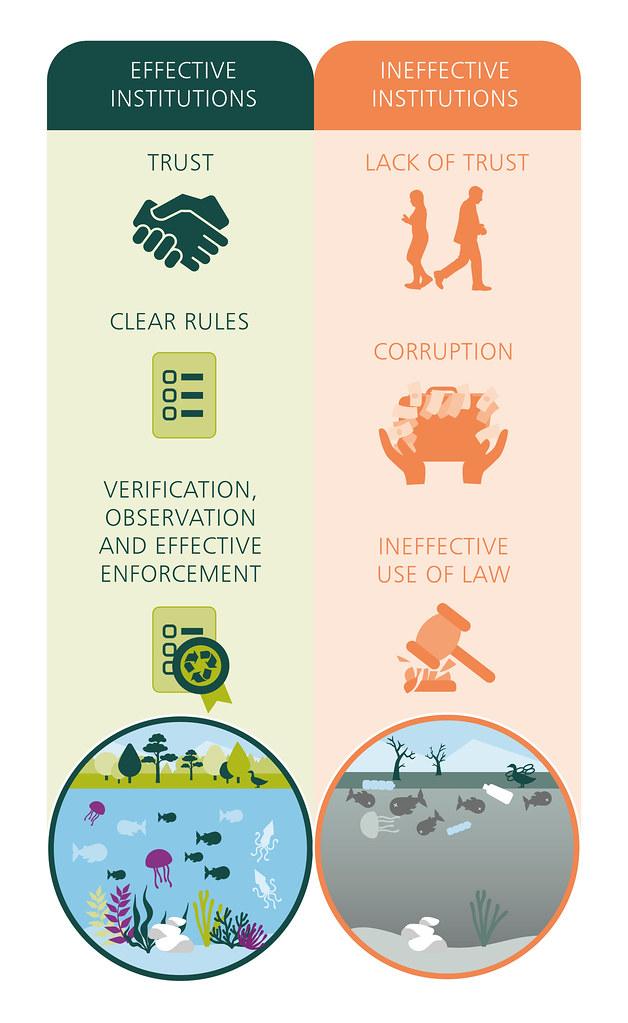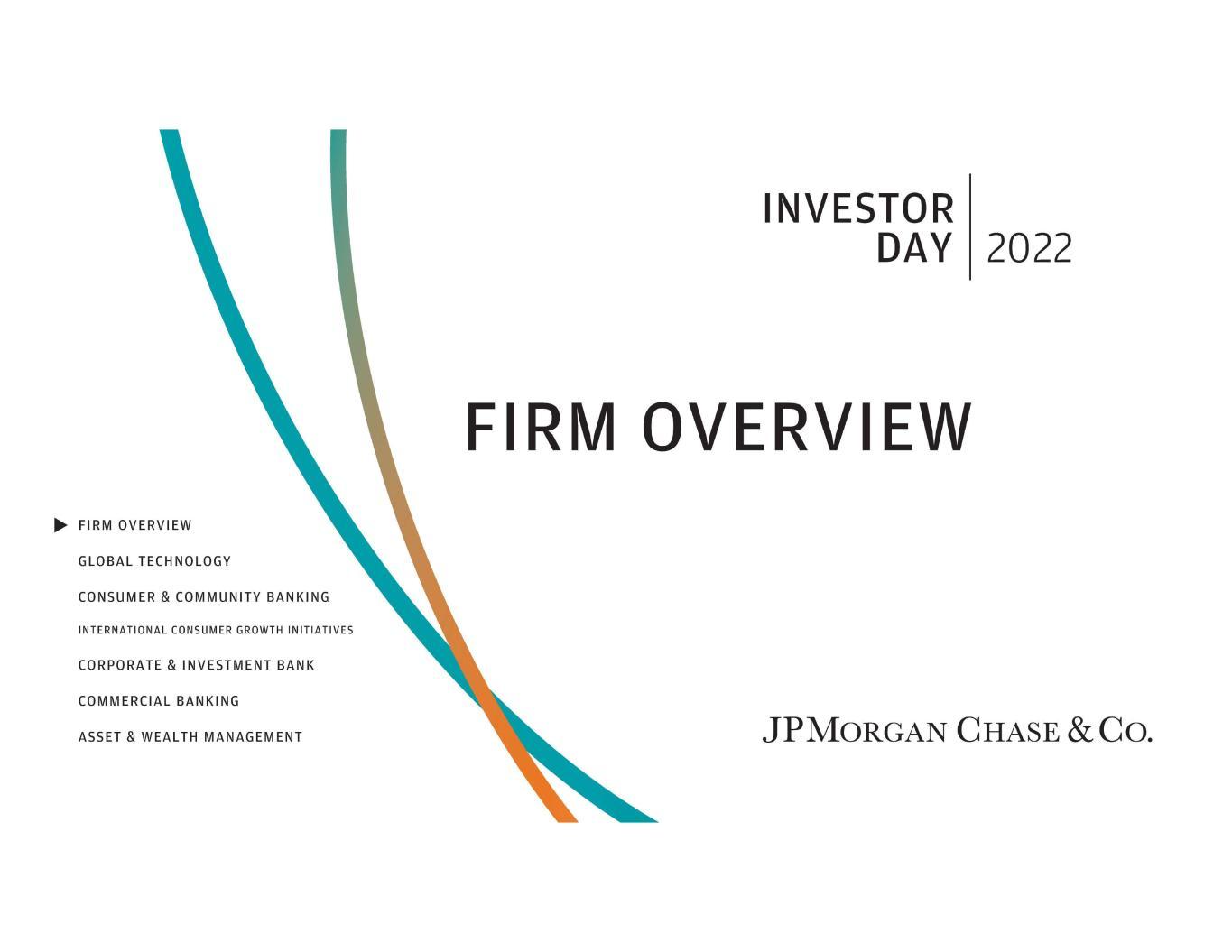In a world buzzing with digital transactions and virtual investments, the humble finance notebook stands as a quiet hero—a reliable companion in the realm of numbers and budgets. As pen meets paper, dreams are charted, goals are set, and financial journeys begin to unfold within the pages of this unassuming yet powerful tool. Join us on a journey through the art of financial mindfulness, where each stroke of the pen carries the promise of monetary wisdom and fiscal clarity. Let’s dive into the world of the finance notebook, where every line tells a story of financial empowerment and strategic planning.
Table of Contents
- Creating a Financial Journal That Transforms Your Money Mindset
- Unveiling the Power of Tracking Expenses and Budgeting Wisely
- Effective Strategies to Boost Savings and Achieve Financial Goals
- Harnessing the Benefits of Reflecting on Investments and Financial Decisions
- Q&A
- In Retrospect
Creating a Financial Journal That Transforms Your Money Mindset
In your finance notebook, jot down all your financial goals, big and small. Dream big and start small by listing achievable short-term objectives alongside your long-term aspirations. This will not only inspire you daily but also keep you motivated to stay on track with your financial journey.
Furthermore, create sections in your journal to track your income, expenses, and savings. Visualize your financial progress by using color-coded charts or tables to see where your money is going and how it’s growing. A well-organized financial journal can transform your money mindset and empower you to take control of your financial future effectively.![]()
![]()
Unveiling the Power of Tracking Expenses and Budgeting Wisely
Tracking your expenses and budgeting wisely can have a transformative effect on your financial well-being. By understanding where your money is going and setting clear financial goals, you are taking the first step towards financial freedom. With a disciplined approach to managing your finances, you can optimize your spending, save more efficiently, and work towards achieving your long-term financial objectives.
When you track your expenses, you gain valuable insights into your spending habits. This allows you to identify areas where you can cut back, save more, or invest wisely. By creating a detailed budget and sticking to it, you are empowering yourself to take control of your financial future. Utilizing tools like budgeting apps or spreadsheets can streamline the process and make it easier to monitor your progress towards your financial goals.


Effective Strategies to Boost Savings and Achieve Financial Goals
In your finance journey, discovering effective strategies to boost savings can pave the way to achieving your financial goals faster. One powerful method is **automating your savings**. By setting up automatic transfers from your checking account to a high-yield savings account, you ensure that a portion of your income goes directly to savings without you having to remember to do it manually.
Creating a budget can also be a game-changer. List your income sources and expenses, then allocate specific amounts for different categories like bills, groceries, and savings. Having a clear overview of where your money is going helps you identify areas where you can cut back and allocate more towards your savings goals. Take control of your finances with these simple yet impactful strategies and watch your savings grow steadily towards your financial aspirations.
| Savings Strategy | Benefits |
|---|---|
| Automating Savings | Consistent savings without manual effort |
| Creating a Budget | Clear overview of expenses for better financial planning |


Harnessing the Benefits of Reflecting on Investments and Financial Decisions
In the world of finance, capturing the essence of your investment decisions can significantly impact your financial journey. By documenting your choices and reflecting on their outcomes, you pave the way for informed future strategies. **Reflection can unveil patterns and trends that may otherwise go unnoticed**, empowering you to make wiser financial moves in the long run. An insightful finance notebook acts as a personal guide, shedding light on successes, failures, and valuable lessons learned along the way.
Within the pages of your finance notebook, lies a treasure trove of knowledge waiting to be discovered. Tracking your investments, expenses, and financial goals can bring clarity to your financial landscape. Through detailed records and thoughtful analysis, you gain a deeper understanding of your money habits and the impact they have on your overall financial well-being. Embrace the power of reflection in your financial endeavors; let your finance notebook be a beacon guiding you towards a more prosperous future.
Q&A
Q&A: The Ultimate Guide to Finance Notebooks
Q: What is a finance notebook and why should I use one?
A: A finance notebook is a powerful tool to help you track your expenses, budget effectively, and achieve your financial goals. It’s a simple yet effective way to organize your finances and stay on top of your money matters.
Q: How can a finance notebook help me manage my finances better?
A: By keeping a finance notebook, you can easily monitor your spending, identify areas where you can save money, set realistic budgets, and track your progress towards your financial objectives. It provides a clear overview of your financial situation and helps you make informed decisions.
Q: What are some tips for using a finance notebook efficiently?
A: To make the most of your finance notebook, ensure you update it regularly, categorize your expenses accurately, set achievable financial goals, review your budget periodically, and adjust your financial strategies as needed. Consistency and diligence are key to successful financial management with a notebook.
Q: Are there different types of finance notebooks available in the market?
A: Yes, there are various types of finance notebooks to choose from, such as pre-designed templates, customizable notebooks, digital apps, and traditional paper notebooks. Selecting the right one depends on your personal preference, lifestyle, and budgeting needs.
Q: Can anyone benefit from using a finance notebook, regardless of their financial situation?
A: Absolutely! Whether you’re a budgeting newbie, a seasoned investor, a freelancer, a student, or a retiree, a finance notebook can be a valuable tool for anyone looking to gain control over their finances, save more money, reduce debt, and work towards financial independence.
Q: How can I incorporate a finance notebook into my daily routine?
A: Make it a habit to update your finance notebook at the end of each day or week. Dedicate a specific time for financial planning and reflection, where you review your expenses, analyze trends, adjust your budget, and set priorities for the coming days or weeks. By integrating your finance notebook into your routine, you’ll build a strong financial foundation for the future.
Whether you’re aiming to save for a dream vacation, pay off debts, build an emergency fund, or invest for retirement, a finance notebook can be your loyal companion on your financial journey. Start today and watch your money management skills flourish!
In Retrospect
In conclusion, incorporating a finance notebook into your daily routine could be the key to unlocking financial control and peace of mind. Whether you’re a seasoned investor or just starting to manage your finances, this simple yet powerful tool can make a significant difference in how you approach and track your money matters. By jotting down your expenses, setting budget goals, and monitoring your progress, you are taking proactive steps towards a more secure financial future. So, why wait? Grab a finance notebook today and start writing your way to financial success!




0 Comments